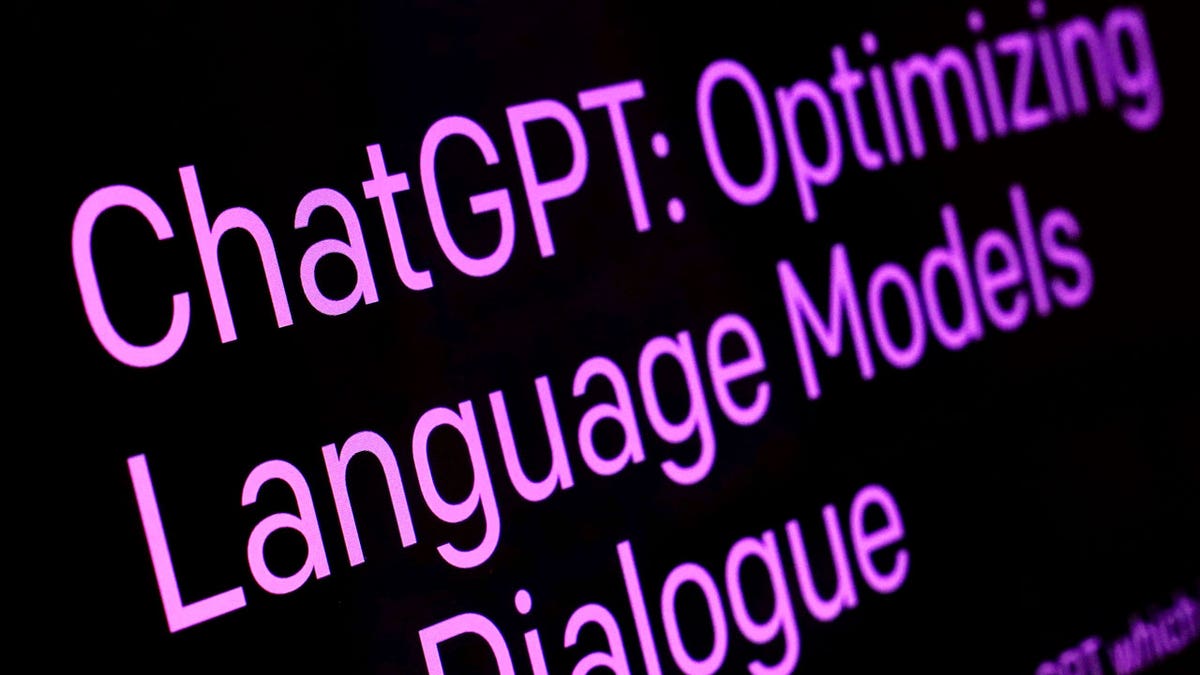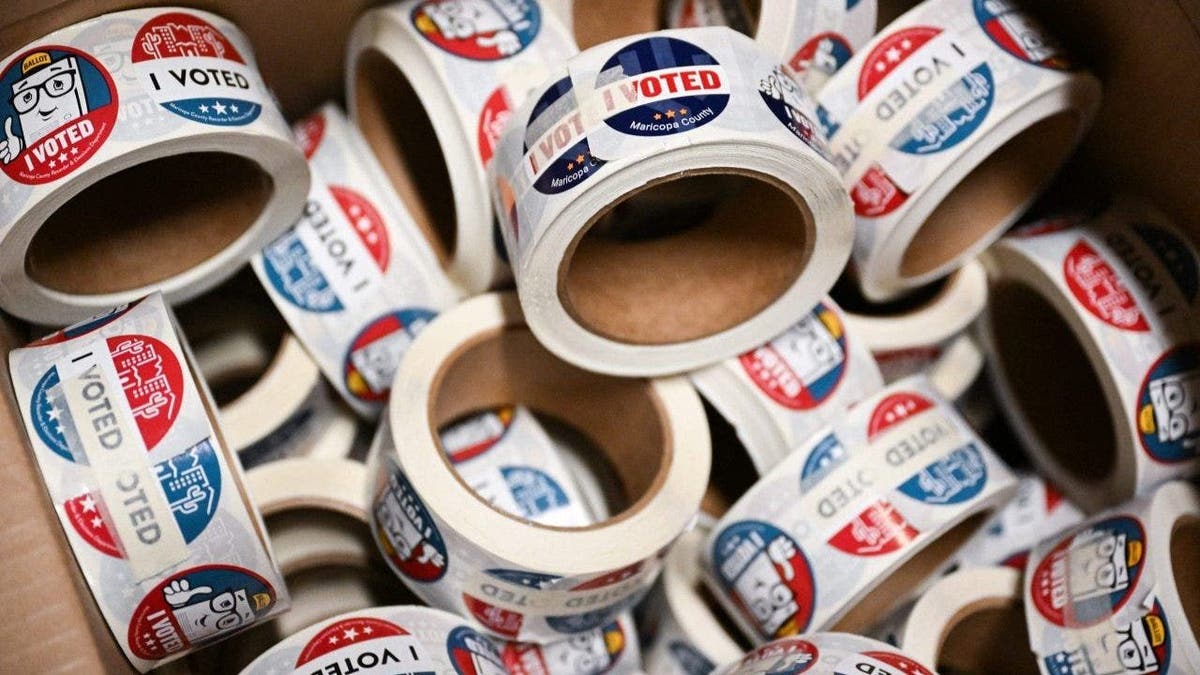'CyberGuy': Robots get a feel for human touch, no artificial skin required
Tech expert Kurt Knutsson reveals how scientists developed a method for robots to sense touch using AI and sensors.
Most Americans do not believe artificial intelligence (AI) is trustworthy for election information.
A poll released Thursday by The Associated Press-NORC Center for Public Affairs Research and USAFacts found that just under two-thirds of Americans do not trust generative predictions produced by AI.
Approximately 64% of respondents responded to the survey saying that they are not confident that election information generated by AI chatbots is reliably factual.
US INDICTMENT HIGHLIGHTS HOW RUSSIAN HACKERS USED AI IN ELECTION DISINFORMATION CAMPAIGN

Text from the ChatGPT page of the OpenAI website is shown in this photo. Large language model chatbots are becoming increasingly popular with Americans, but the vast majority still do not trust them to be reliably accurate. (AP Photo/Richard Drew)
In fact, 43% of survey respondents said they believe AI programs will make finding factual information about the presidential election more difficult. Only 16% of respondents said AI programs will make it easier.
AI chatbots are large language model computer programs that allow users to request information using conversational command prompts. Users can ask questions via text input, and the bot will return an answer composed in a similarly conversational format.
Some of the most successful chatbots use thousands of terabytes of collected data to formulate their answers — but programs can only sort, remix and regurgitate information scraped from somewhere else. AI is unable to think or reason like a human.
HOLY SEE URGES 'MORATORIUM' ON DEVELOPMENT OF AUTONOMOUS KILLING WEAPONS AT UNITED NATION
In addition to factual errors regularly made by chatbots, AI programs can be used by malicious actors in a variety of ways to spread disinformation.

Rolls of "I Voted" stickers are stored at an election center ahead in Phoenix. The majority of respondents told the AP-NORC pollsters that they do not trust information from chatbots about the election. (PATRICK T. FALLON/AFP via Getty Images)
About 52% of respondents in the AP-NORC poll expressed concern about how AI will compromise their access to verifiable data, compared to just 9% who are excited about AI's expanding role in the dissemination of information.
While far from perfect, AI programs are becoming increasingly capable of generating realistic images of real-world individuals. Manufactured images of former President Donald Trump, Vice President Kamala Harris and others have become common on social media.
CLICK HERE TO GET THE FOX NEWS APP
The AP-NORC poll was conducted between July 29 and Aug 8. Its self-reported margin of error is +/- 4%.









































